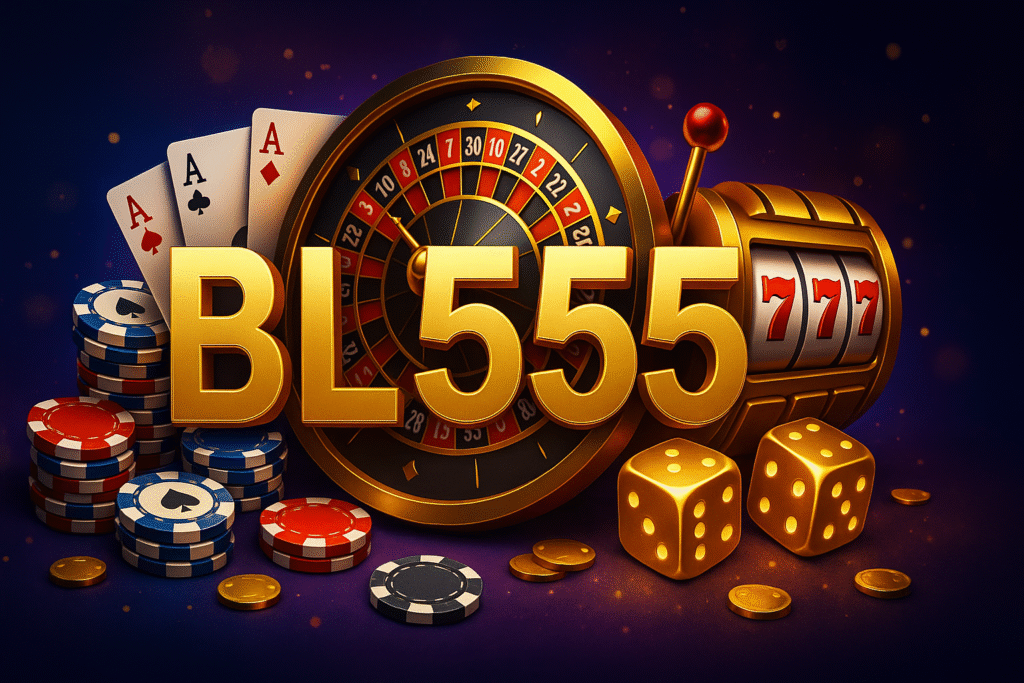
Among all casino games, poker stands out for its unique combination of strategy, psychology, and luck. Unlike games that rely primarily on chance, poker rewards players who can analyze situations, manage risks, and read their opponents. Thanks to platforms like https://bl555.space/ , poker has become more accessible than ever, allowing millions of players worldwide to test their skills at digital tables.
A Game with Global Appeal
Poker’s popularity spans across continents and cultures. The game has a long history, dating back to the 19th century in the United States, but it quickly spread worldwide. Today, poker is played in casinos, home gatherings, and online platforms, attracting everyone from casual enthusiasts to professional tournament players.
The reason for poker’s enduring appeal lies in its balance of skill and chance. While luck plays a role in the cards dealt, long-term success depends on strategic decisions, making poker highly engaging for those who enjoy mental challenges.
Popular Variants of Poker
Online platforms offer a wide variety of poker games, each with its own rules and strategies. Some of the most popular versions include:
- Texas Hold’em – The most famous form of poker, where players combine two personal cards with five community cards.
- Omaha – Similar to Texas Hold’em, but with four hole cards, creating more complex strategies.
- Seven-Card Stud – A traditional version without community cards, requiring memory and observation.
- Video Poker – A simplified single-player form that blends poker with slot machine mechanics.
This diversity allows players to explore new strategies and keep their gaming experiences fresh.
Online Poker Tournaments
One of the biggest draws of online poker is the availability of tournaments. These events allow players to compete against hundreds or even thousands of others for large prize pools. Buy-ins vary from small amounts to high-stakes entries, making tournaments accessible to all levels of players.
Well-structured tournaments also replicate the thrill of live events, with escalating blinds and intense competition as players advance toward the final table. The excitement of outlasting opponents and climbing the ranks makes online poker tournaments particularly addictive.
The Role of Strategy
Unlike games of pure chance, poker requires careful thought. Successful players rely on skills such as bankroll management, reading opponents, and calculating probabilities. Bluffing is also a key element, as players try to mislead opponents about the strength of their hands.
Over time, experienced poker players develop instincts and strategies that increase their chances of winning, proving that poker is more than just luck—it’s a battle of wits.
Technology Enhancing Online Poker
Online poker platforms now incorporate features that improve the player experience. Multi-table options allow users to play several games simultaneously, while analytics tools provide detailed statistics about gameplay. Some platforms even offer tutorials and beginner-friendly rooms where new players can learn without pressure.
Mobile compatibility also ensures that players can join poker games from anywhere, making it convenient to play during breaks, travel, or at home.
Bonuses and Rewards
Another reason poker has thrived online is the abundance of promotions. Many platforms offer welcome bonuses, freeroll tournaments, and loyalty rewards. These incentives allow players to extend their gameplay, explore different poker variants, and potentially increase winnings without additional risk.
Players should always review terms and conditions, but these bonuses add extra excitement to the game.
The Social Element
Despite being digital, online poker remains a highly social game. Many platforms include chat features, allowing players to interact, build friendships, and even engage in friendly banter. This social aspect adds another dimension to poker, reminding players that it’s not just about winning money but also about connecting with others.
The Future of Online Poker
As technology advances, online poker is set to become even more immersive. Virtual reality may soon allow players to sit at digital tables that look and feel like real casinos. Artificial intelligence could provide personalized coaching, helping beginners learn faster while challenging advanced players with more sophisticated opponents.
The combination of tradition and innovation ensures that poker will remain a centerpiece of online casino entertainment for years to come.
Conclusion
Poker is more than a casino game—it’s a test of intelligence, patience, and skill. With its wide range of variants, competitive tournaments, and technological advancements, online poker continues to attract millions of players worldwide. Platforms have made it easier than ever to experience the thrill of this classic game, whether you are a beginner learning the ropes or a seasoned player aiming for big tournament wins.